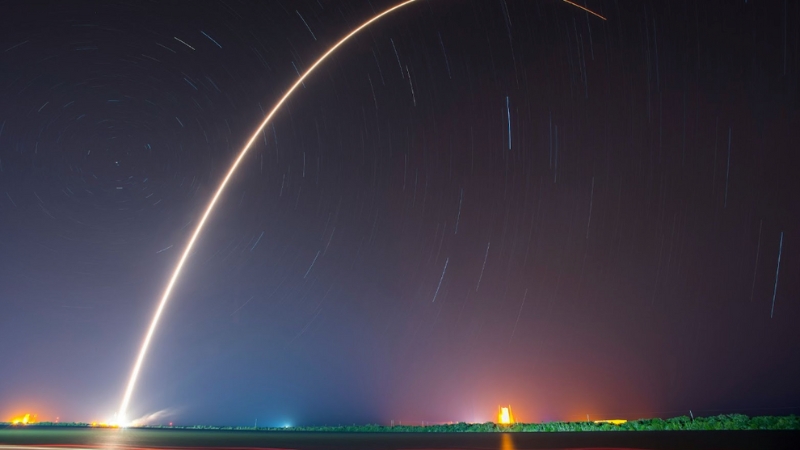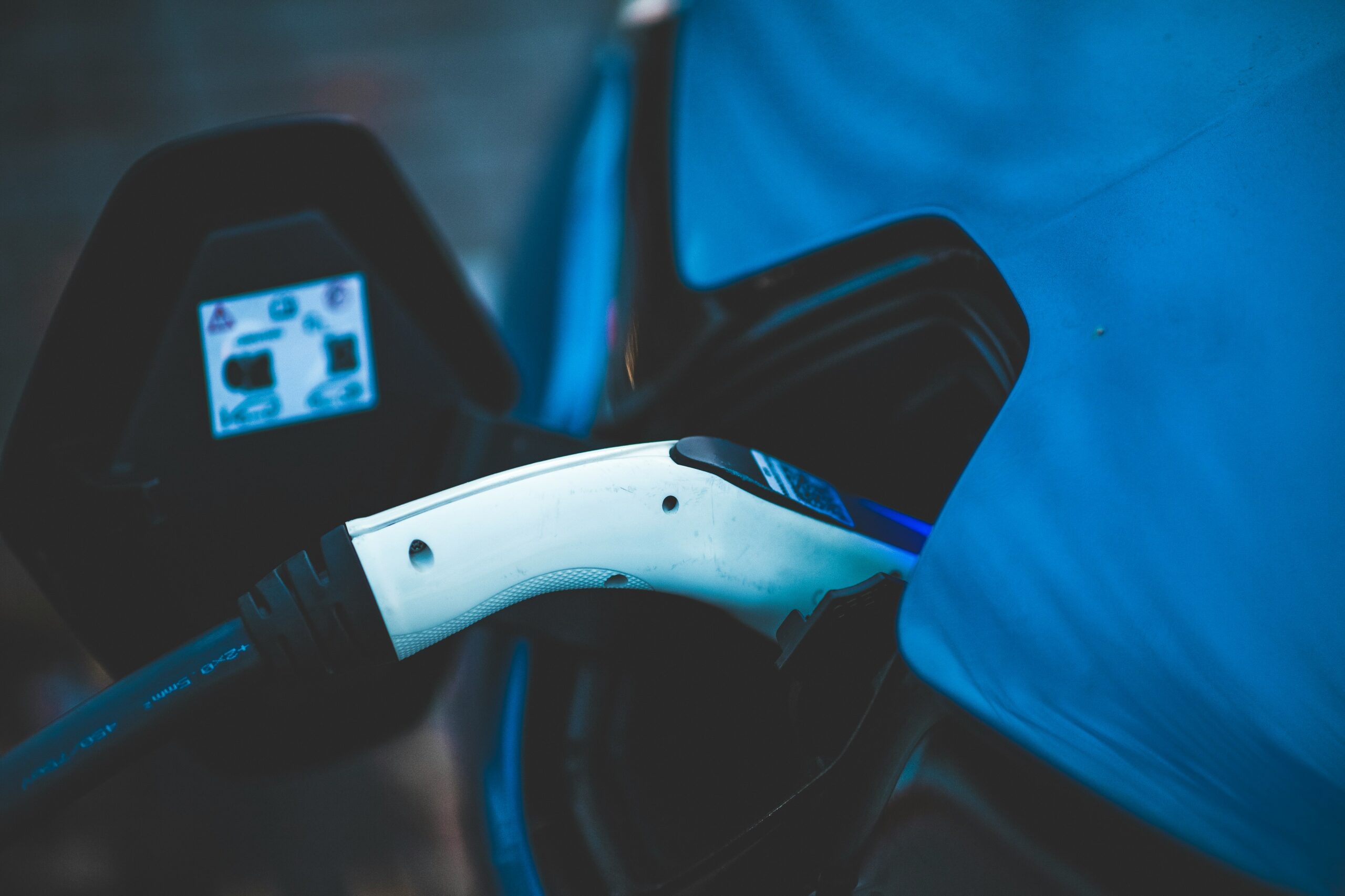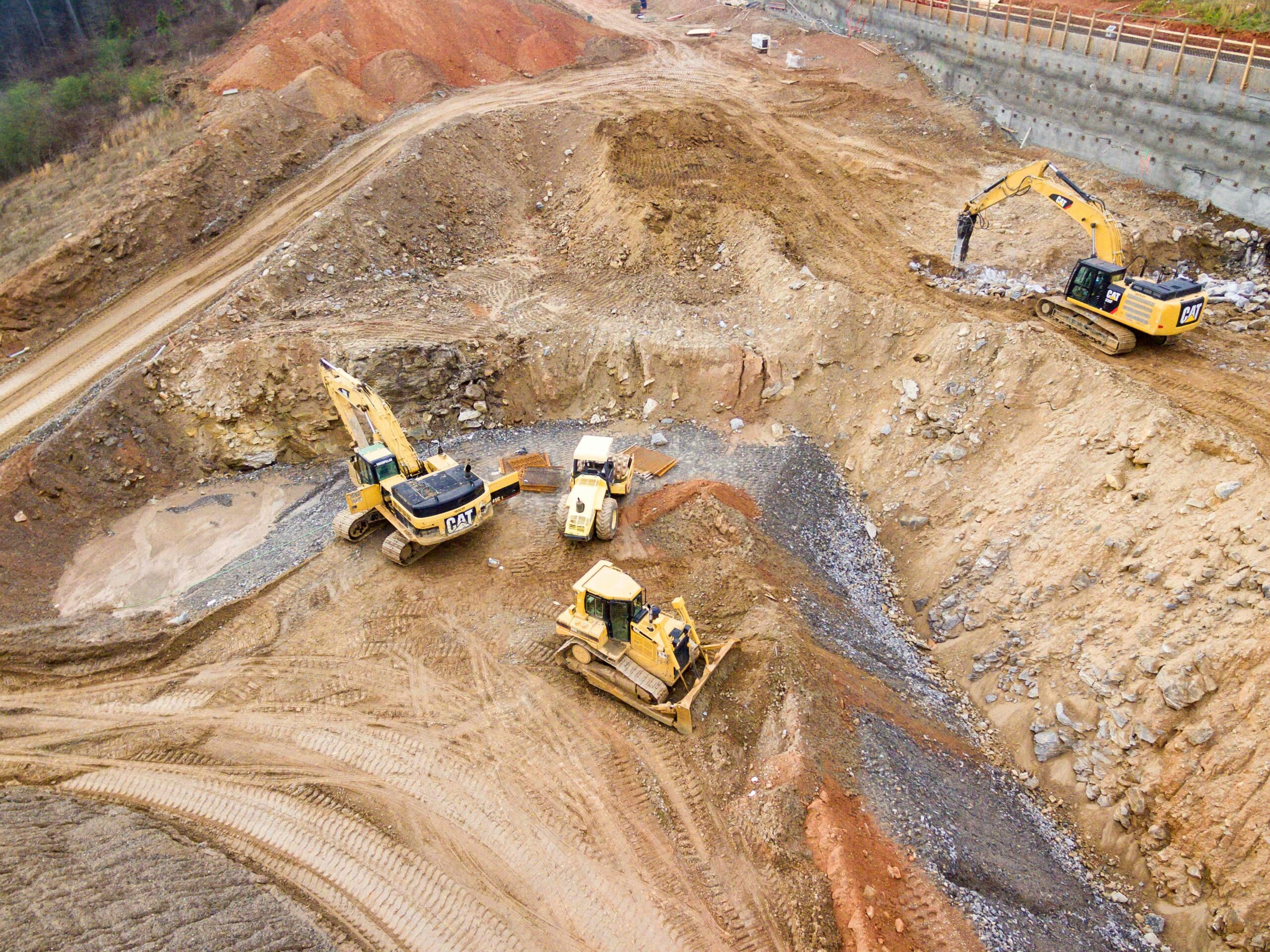Space exploration has always been at the forefront of technological innovation, pushing the boundaries of what is possible. One of the key technologies enabling these groundbreaking missions is the lithium-ion battery. Lightweight, efficient, and capable of storing significant amounts of energy, lithium-ion batteries are critical for powering spacecraft and scientific instruments in the harsh environment of space. In this blog post, we will investigate how lithium-ion batteries are used in space exploration missions and their importance in advancing our understanding of the final frontier.
The Role of Lithium-Ion Batteries in Space
Lithium-ion batteries have become the go-to power source for space missions due to their high energy density, long cycle life, and reliability. Here’s how they are utilized in various aspects of space exploration:
- Powering Spacecraft: Lithium-ion batteries provide the primary source of power for spacecraft during launch, orbit, and descent phases. They are used to power onboard systems, including navigation, communication, and life support systems, ensuring the spacecraft operates smoothly throughout its mission.
- Supporting Scientific Instruments: Scientific instruments onboard spacecraft require a reliable power source to function correctly. Lithium-ion batteries supply the necessary energy to these instruments, enabling data collection and transmission back to Earth. This is crucial for missions studying planetary surfaces, atmospheres, and other celestial phenomena.
- Energy Storage for Satellites: Satellites rely on solar panels to generate power. However, they need a way to store energy for use during periods when they are not in direct sunlight, such as when orbiting on the dark side of a planet. Lithium-ion batteries are ideal for this purpose, providing consistent and reliable energy storage.
- Extravehicular Activities (EVAs): Astronauts conducting spacewalks rely on portable life support systems powered by lithium-ion batteries. These systems provide oxygen, temperature regulation, and communication tools, ensuring astronauts can safely and effectively perform their tasks outside the spacecraft.
Advantages of Lithium-Ion Batteries in Space
The unique characteristics of lithium-ion batteries make them particularly well-suited for space exploration:
- High Energy Density: Lithium-ion batteries can store a large amount of energy in a compact form, which is critical for space missions where weight and space are at a premium.
- Long Cycle Life: These batteries have a long lifespan, capable of undergoing many charge and discharge cycles without significant degradation. This longevity is essential for long-duration space missions.
- Lightweight: Lithium-ion batteries are lighter than other types of batteries, such as nickel-cadmium or lead-acid batteries. This weight savings translates to reduced launch costs and increased payload capacity.
- Temperature Tolerance: Space presents extreme temperature variations, and lithium-ion batteries are designed to operate efficiently in these conditions, ensuring reliable performance.
Notable Missions Using Lithium-Ion Batteries
Several high-profile space missions have successfully utilized lithium-ion batteries, demonstrating their critical role in space exploration:
- Mars Rovers: NASA’s Mars rovers, including Curiosity and Perseverance, are equipped with lithium-ion batteries that power their systems and instruments. These batteries enable the rovers to conduct scientific experiments, navigate the Martian terrain, and communicate with Earth.
- International Space Station (ISS): The ISS uses lithium-ion batteries to store energy generated by its solar panels. These batteries provide a reliable power source for the station’s systems and experiments, ensuring continuous operation.
- SpaceX Dragon: SpaceX’s Dragon spacecraft, used for cargo and crew missions to the ISS, relies on lithium-ion batteries for power. These batteries support critical systems during launch, orbit, and re-entry.
Future Innovations and Challenges
While lithium-ion batteries have proven their worth in space exploration, ongoing research aims to further improve their performance and address challenges such as:
- Energy Density Improvements: Researchers are working on increasing the energy density of lithium-ion batteries, allowing them to store even more energy in a smaller, lighter package.
- Safety Enhancements: Ensuring the safety of lithium-ion batteries in space is paramount. Innovations in battery chemistry and design aim to reduce the risk of overheating and thermal runaway.
- Extended Lifespan: Developing batteries with even longer lifespans will be critical for future deep space missions, where replacement or maintenance is not feasible.
Conclusion
Lithium-ion batteries are indispensable in the quest to explore and understand the cosmos. Their high energy density, long cycle life, and reliability make them the ideal power source for spacecraft, scientific instruments, and astronaut life support systems. As technology continues to advance, lithium-ion batteries will play an increasingly vital role in powering the final frontier, enabling humanity to venture further into space and unlock the mysteries of the universe.





